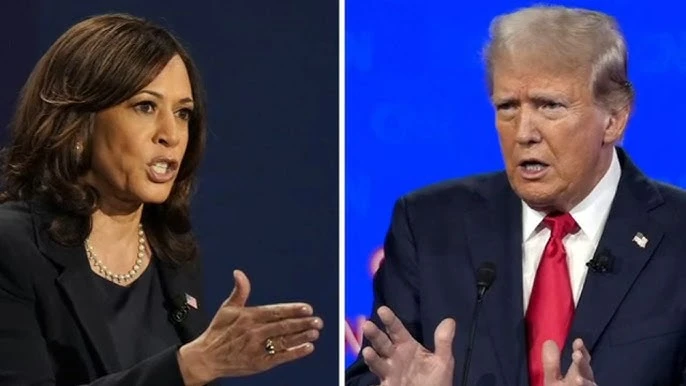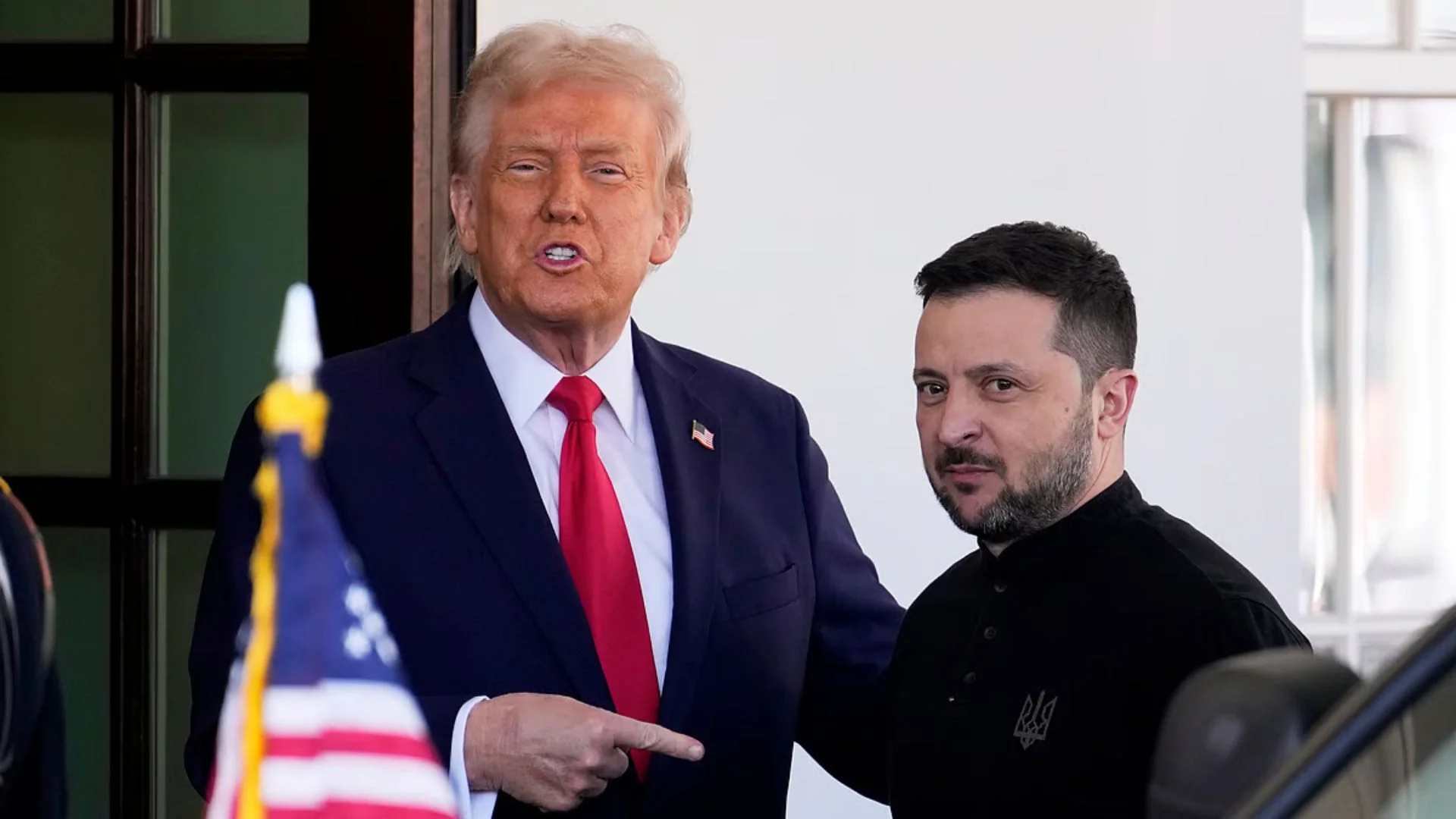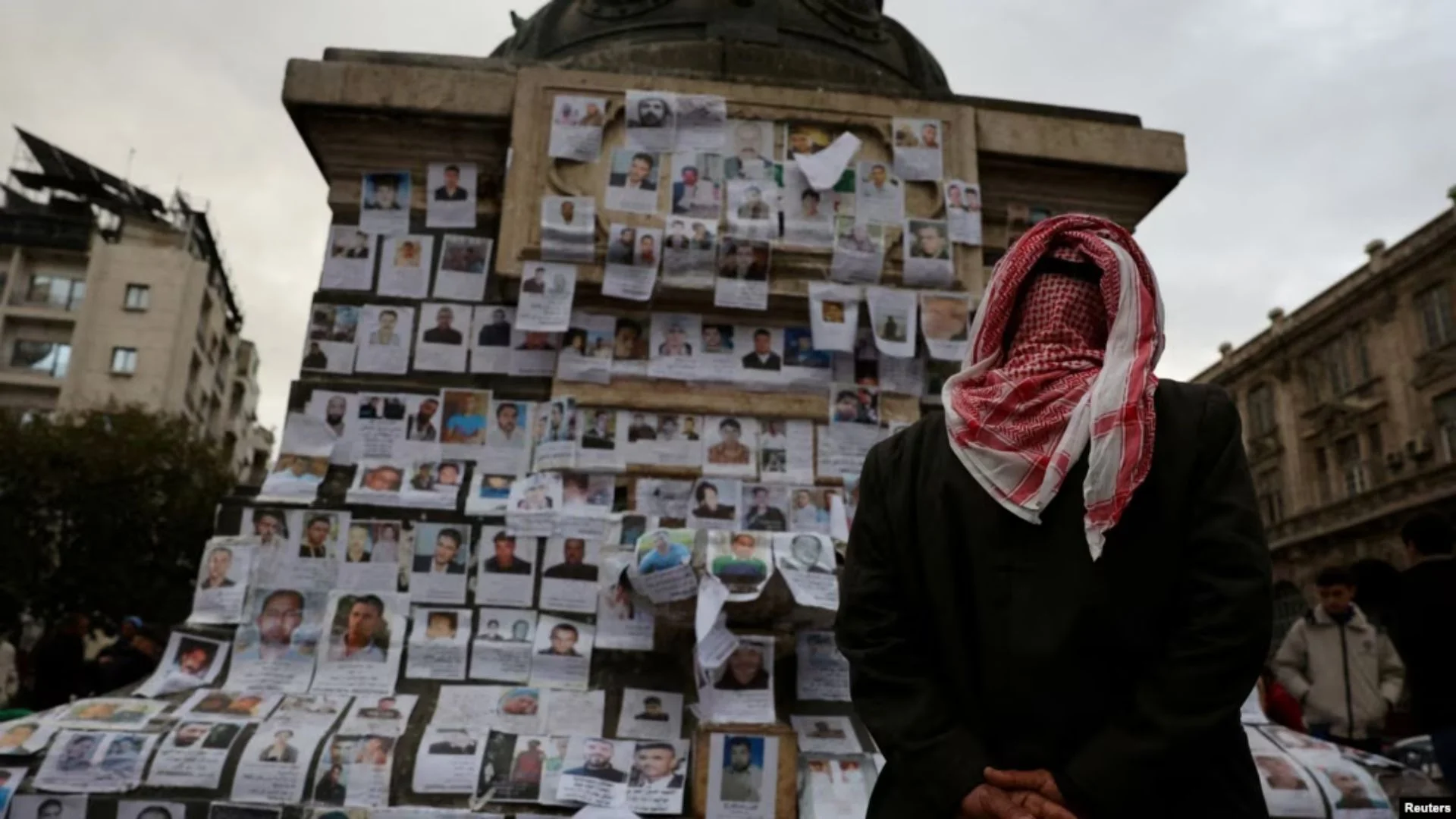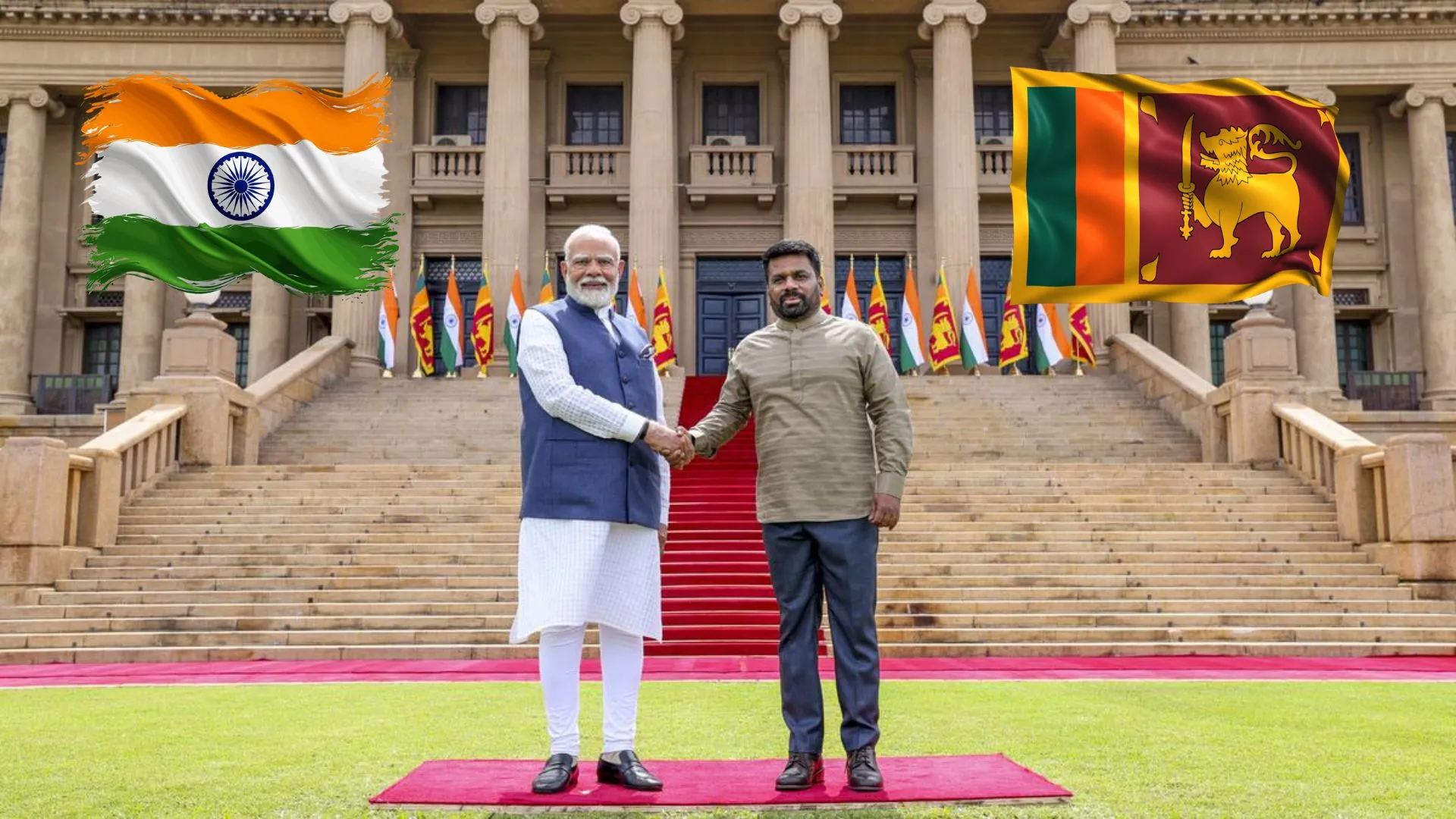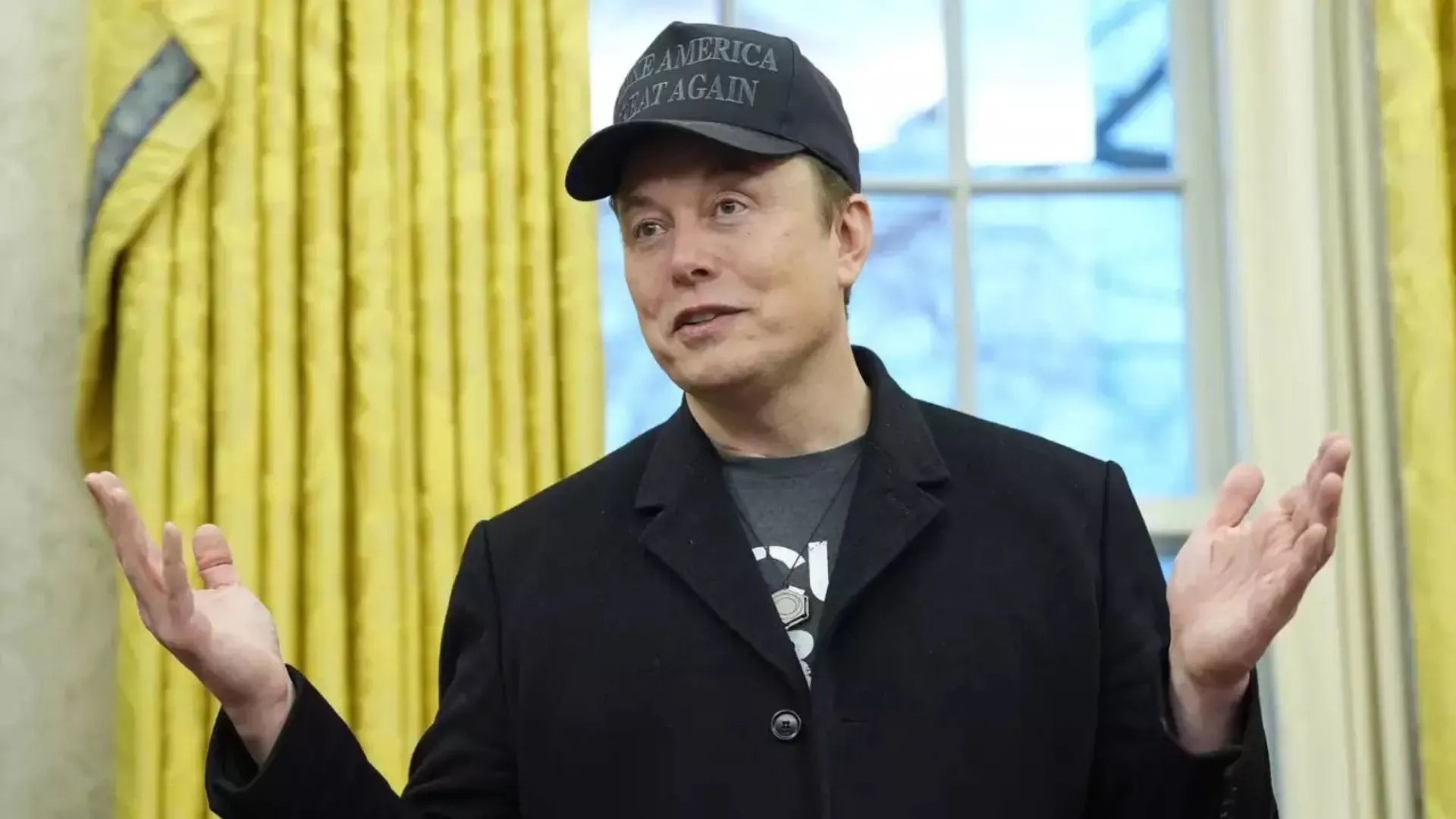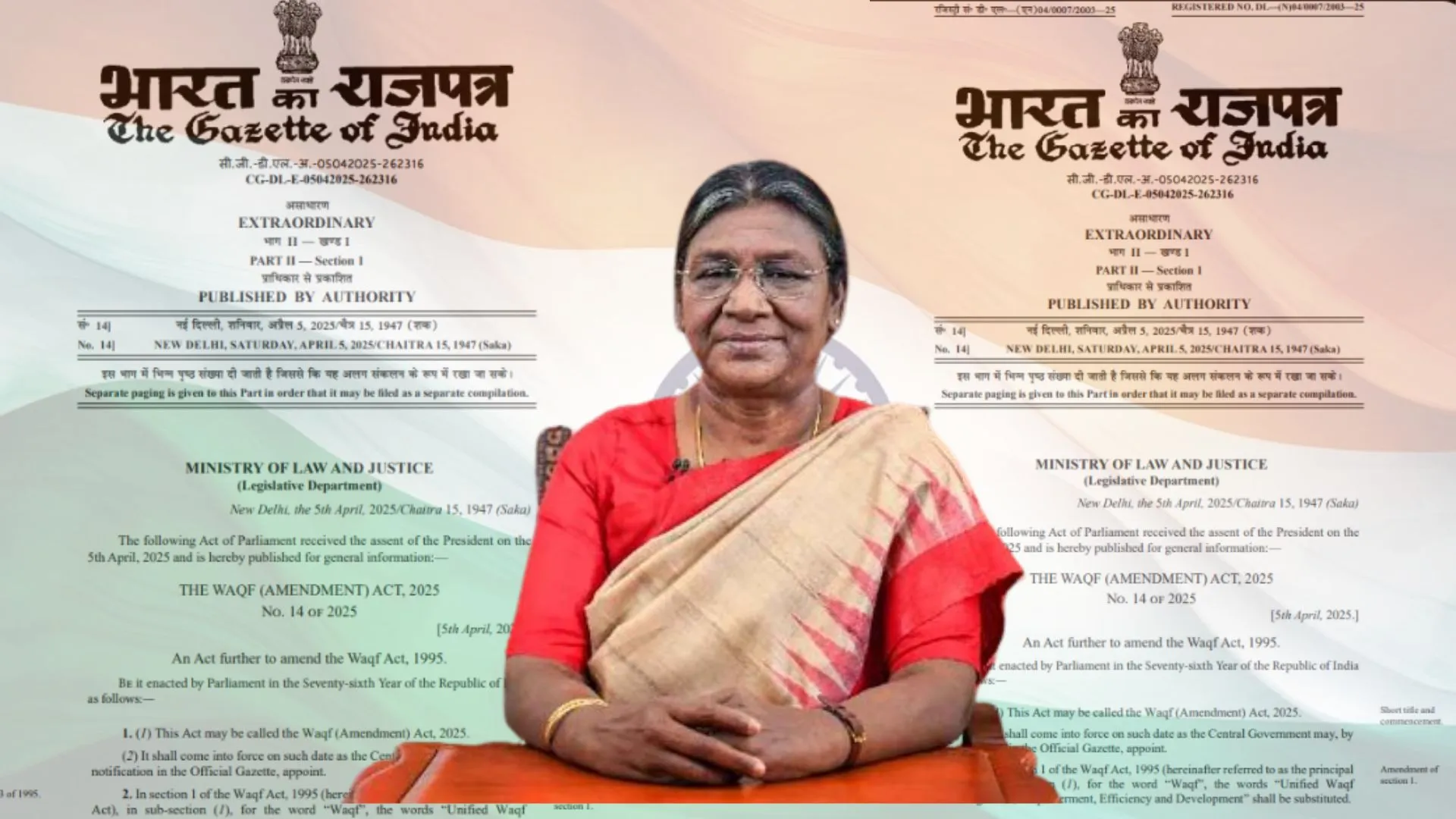In a bid to regain momentum in the U.S. presidential race, Donald Trump sought to pivot to policy issues on Friday, emphasizing tax and health plans while attempting to overshadow Vice President Kamala Harris, who has recently dominated headlines. Speaking at a Mexican restaurant in Las Vegas, Trump unveiled his plan to eliminate taxes on tips for waiters and service employees, a key part of his economic agenda.
Trump’s Push for Hispanic Voters in Nevada
Trump’s speech in Las Vegas also highlighted his campaign’s outreach efforts to Hispanic voters in Nevada, a critical battleground state that could play a decisive role in the November 5 election. The tax proposal is a strategy his advisers have urged him to focus on, rather than his frequent personal attacks on Harris, which they warn could alienate moderate voters.
Arizona Event: Tax Pledge and Health Proposals
Later in Arizona, Trump reiterated his tax pledge and announced plans to establish a commission to investigate presidential assassination attempts, alongside a panel to examine “an increase in chronic health problems and childhood diseases.” These proposals appear to be concessions to independent candidate Robert F. Kennedy Jr., who endorsed Trump after withdrawing from the race.
Harris’ Surge and Trump’s Response
The shift in focus comes after Kamala Harris officially accepted the Democratic Party’s presidential nomination with a speech that outlined her foreign policy principles and contrasted sharply with Trump. Despite Trump’s efforts to draw attention with his own events, Harris has surged in the polls, leading Trump in six of seven battleground states, according to FiveThirtyEight.
Personal Attacks and Frustration
Trump’s personal attacks on Harris continued, with dozens of posts on Truth Social during her acceptance speech, in which he called her a liar, a Marxist, and “Comrade Kamala Harris.” William Rosenberg, a political science professor at Drexel University, noted that Trump’s personal attacks reflect his frustration with facing a biracial woman in the race, complicated by his history of making racist remarks.
Fundraising and Campaigning Dynamics
Harris has also outpaced Trump in fundraising, with her campaign raising $204 million last month compared to $48 million by Trump’s main fundraising group. The coming weeks will reveal whether Harris can also outpace Trump in campaign activities, with the former president planning stops in Detroit and Washington, D.C.
Trump Advised to Shift Focus to Policy
Despite Trump’s insistence on personal attacks, his advisers have cautioned that a continued focus on insults rather than policy could jeopardize his chances in November. Republican strategist Doug Heye suggested that Trump could still win the race, but only by concentrating on issues like inflation and illegal immigration, where voters generally rate him more favorably.
As the campaign heats up, the tension between policy focus and personal attacks continues to define Trump’s strategy, with both candidates vying for the attention and support of voters across the nation.

